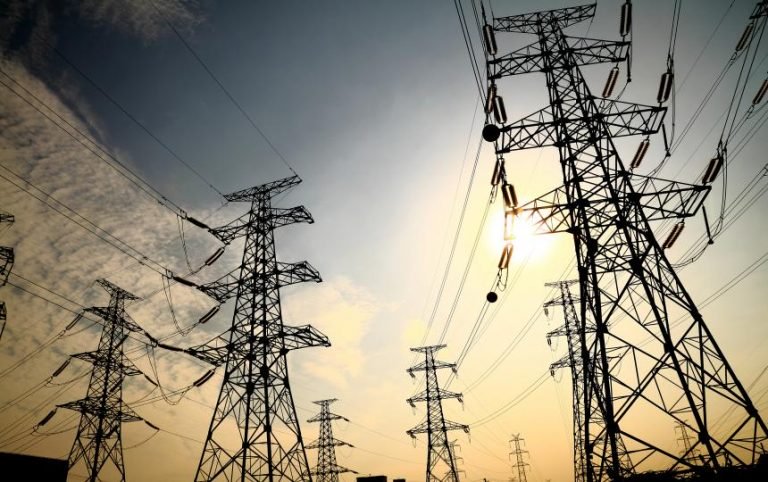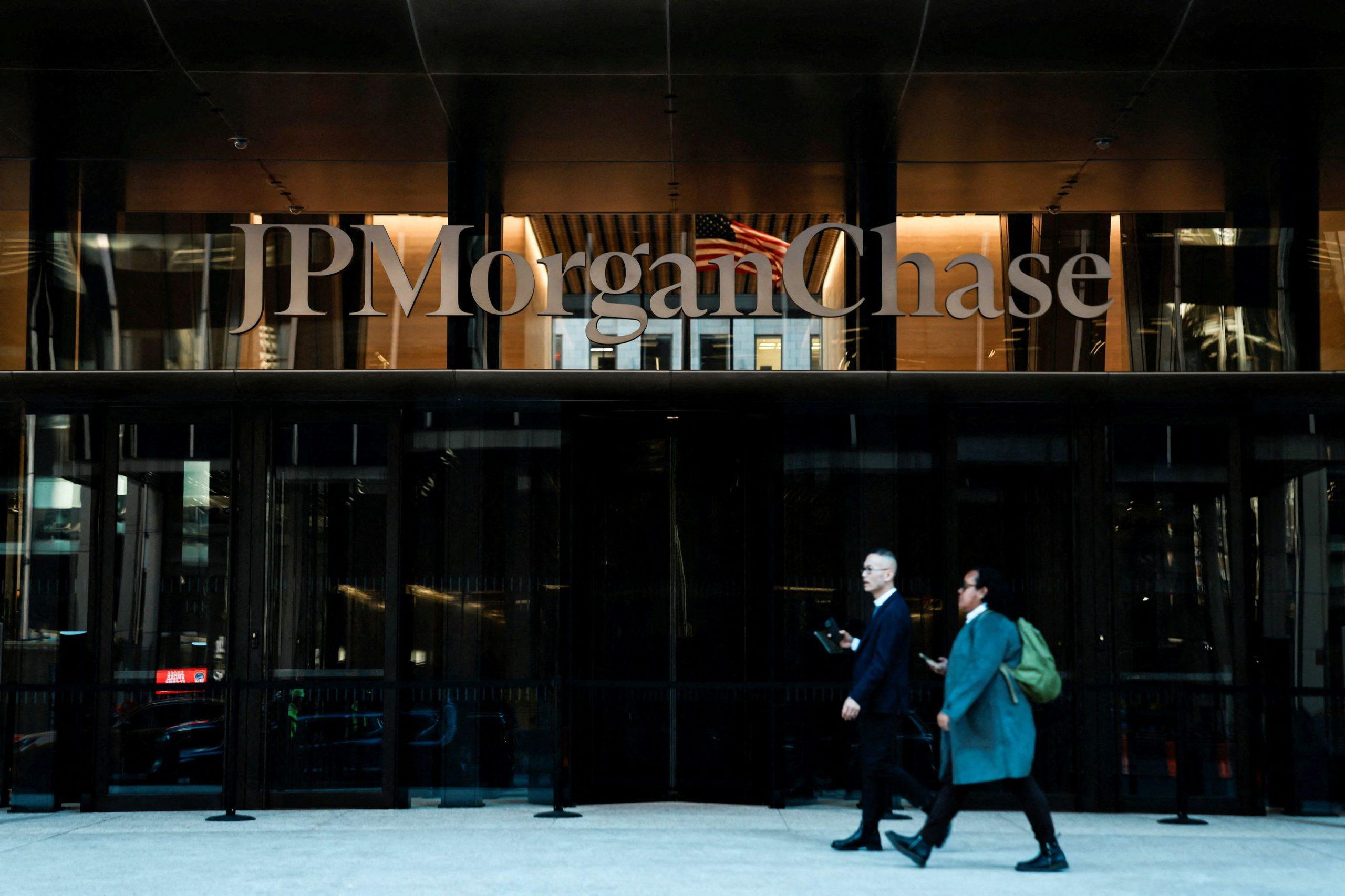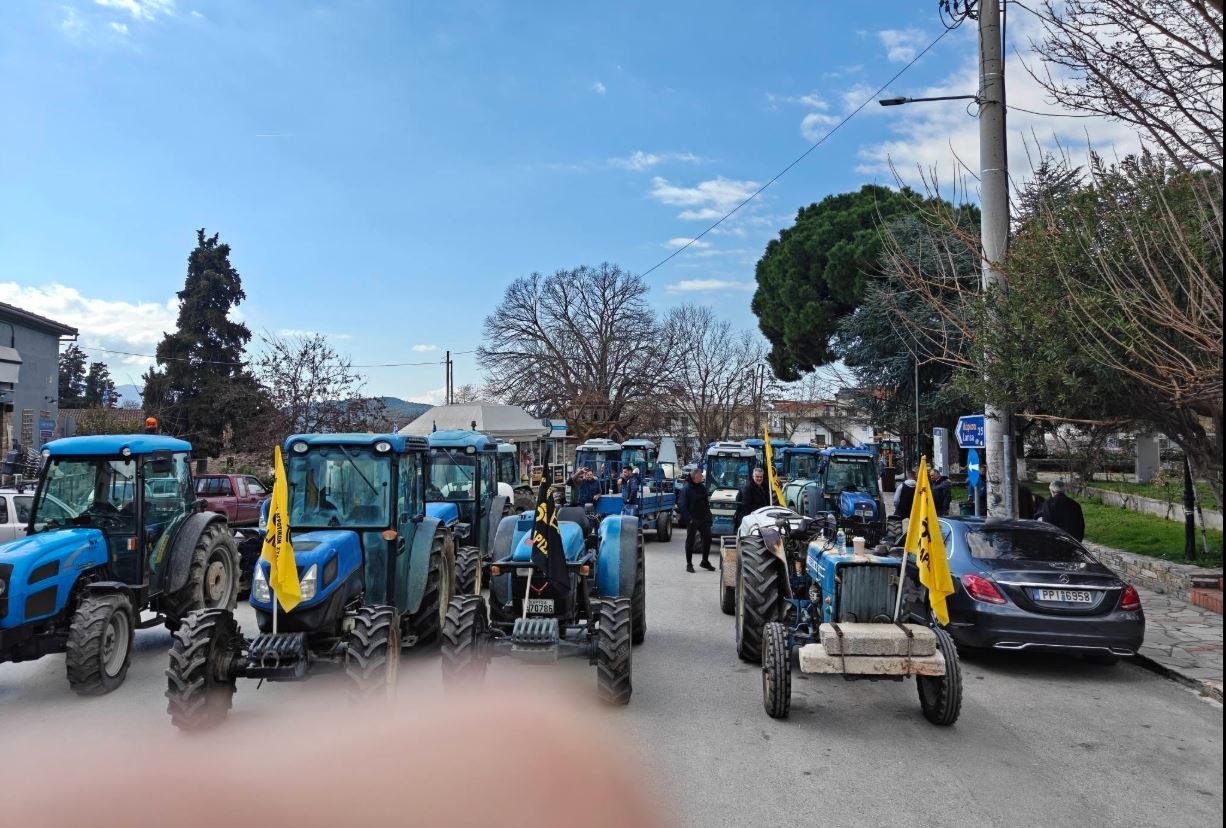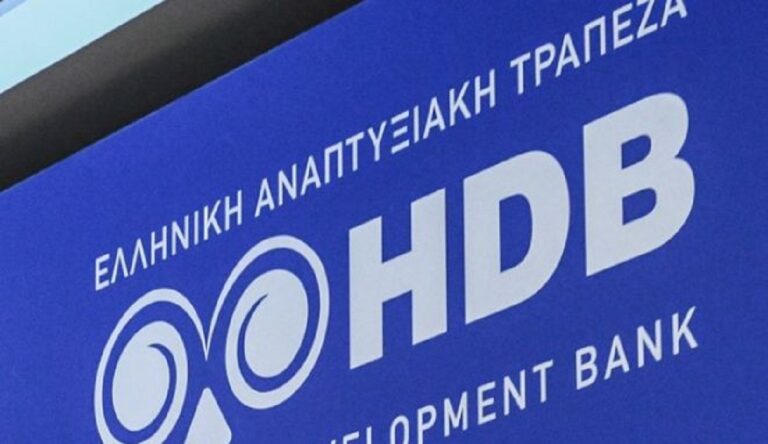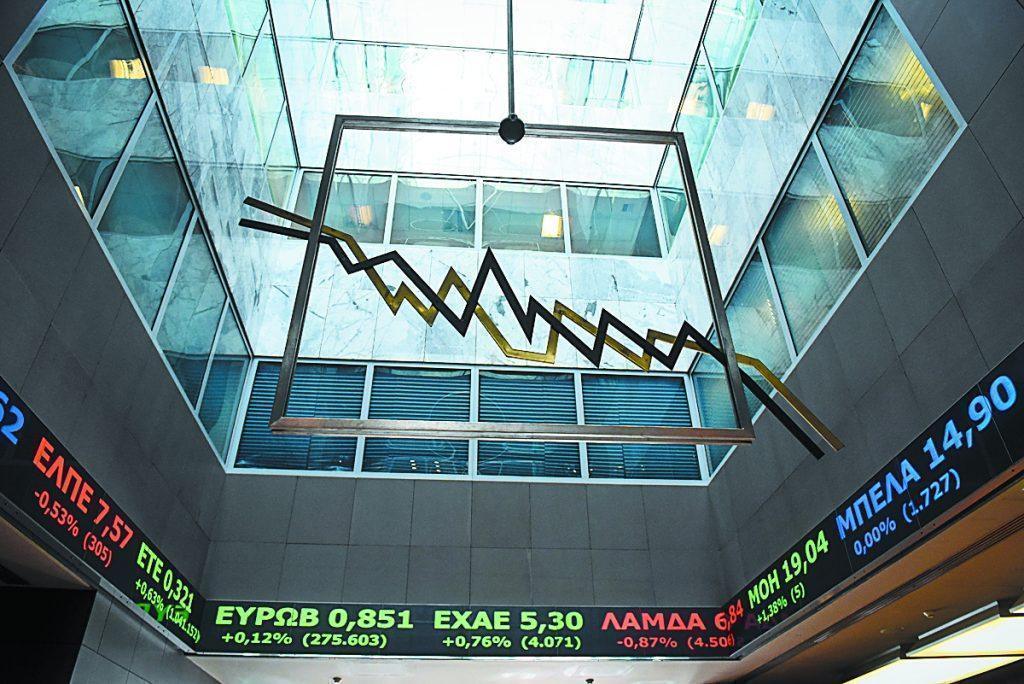As Greece enters a new week under extreme heat, the country’s electricity system is under growing strain. The ongoing heatwave, which began intensifying on July 21, has sent power demand soaring—triggering a steep 45% increase in electricity prices on the wholesale market and placing grid operators on high alert.
Energy System Under Pressure
Officials from Greece’s Independent Power Transmission Operator (ADMIE), the Hellenic Electricity Distribution Network Operator (HEDNO/DEDDIE), and the Regulatory Authority for Energy, Waste and Water (RAAEY) describe the situation as unprecedented. Despite the challenges, they remain cautiously optimistic about the resilience of the electricity grid and its ability to avoid blackouts.
In anticipation of peak demand, Minister of Environment and Energy Stavros Papastavrou convened an emergency task force meeting on July 20 to coordinate the response of all key agencies.
Surge in Wholesale Electricity Prices
The impact of the heatwave is already evident in the energy market. On July 21, the wholesale electricity price in Greece jumped to €115.12 per megawatt-hour—a 45% rise compared to the previous day. The evening hours are expected to see even higher prices, reaching up to €213.53 per megawatt-hour, due to the absence of renewable energy generation at night.
The spike in prices is driven by two key factors: a surge in electricity demand and the dominant role of natural gas in the energy mix. For July 21, natural gas accounts for 45.32% of electricity generation, followed by renewables at 33.63%, and imports and other sources making up the rest.
Power Stations at Full Capacity
To meet the extraordinary demand, ADMIE has activated all available thermal power plants and hydroelectric stations. Forecasts indicate that power consumption could exceed 10,000 megawatts during peak evening hours throughout the week. Specifically, demand on July 24 is expected to reach between 10,350 and 10,370 megawatts.
A total of 35 electricity generation units—primarily thermal and hydro—will be deployed to ensure supply meets demand.
Distribution Network on Alert
HEDNO, which manages the electricity distribution network, has also ramped up its readiness. Maintenance teams are on standby across the country, prepared to respond to any outages in the low- and medium-voltage networks.
The heatwave serves as a second major test for the system this summer. During the previous period of high temperatures, HEDNO reported strong performance in outage response: between June 1 and July 15, over 53% of aerial network faults and nearly 76% of underground network issues in Athens and Thessaloniki were resolved within two hours. All incidents at high- and medium-voltage substations were addressed within that timeframe.
While the power grid is holding steady for now, the risk of localized blackouts cannot be ruled out as the country’s energy infrastructure faces one of its toughest stress tests in years.
Source: Tovima.com
